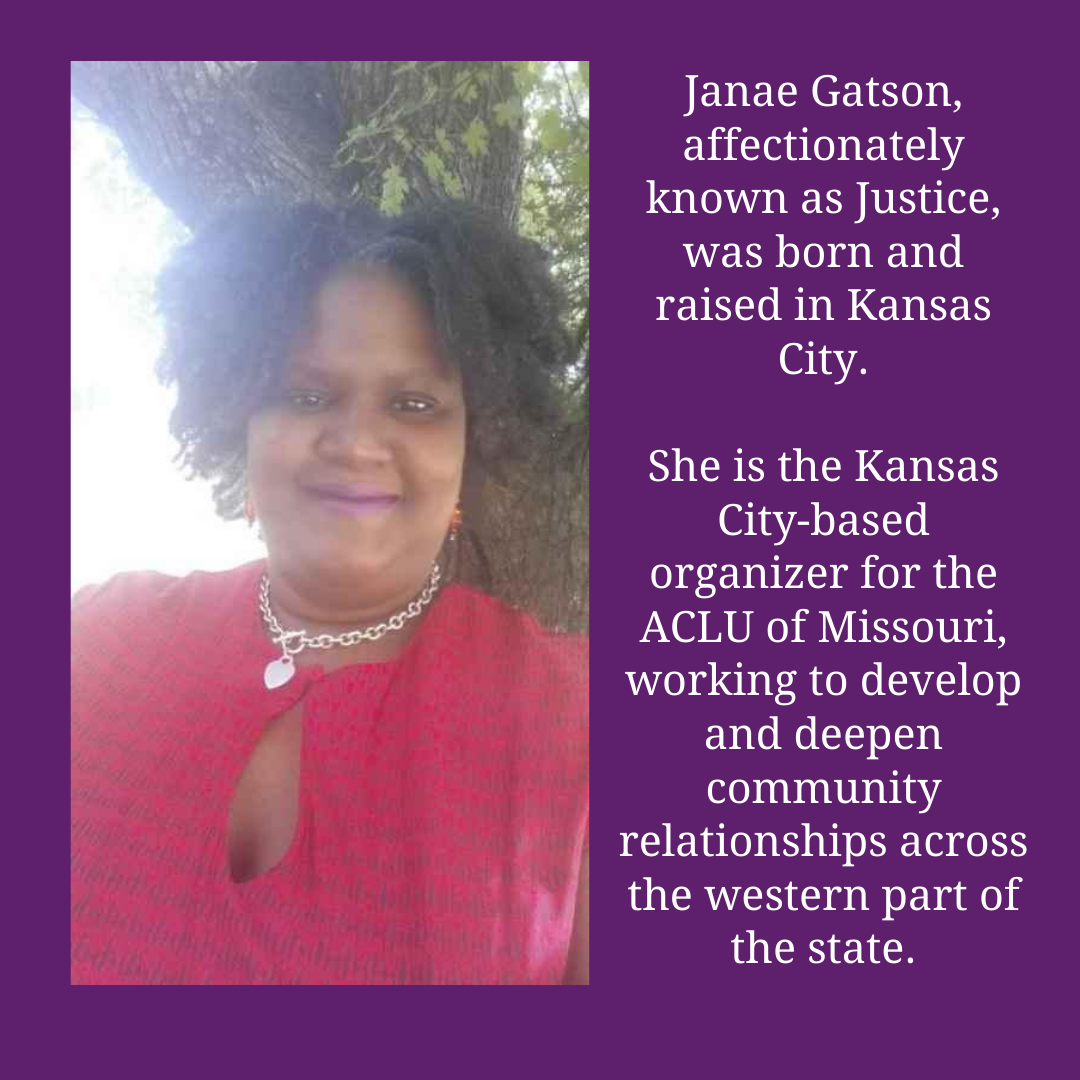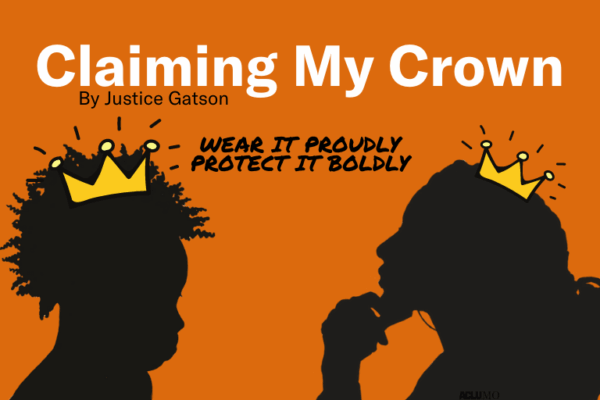I remember, as little girls, my sisters and I would wrap bath towels, t-shirts, or bed sheets even, around our heads and shake uncontrollably- our new faux long hair, blowing in the wind as we pretended to be the girls that we saw on tv. The girls we saw on TV were happy, pink lips curved into smiles, long flowing straight hair, AND white skin. Every show we watched was full of girls who didn’t look like us.

After our silly play, we’d unwrap our heads, shedding our secret and revealing our truth, which did not shake or blow in the wind, at least not like the girls on tv. We were happy too. Proud of our kinky curls, twists, french braids, afros, and cornrows even though TV failed to highlight their beauty.
Throughout our lives, our confidence in ourselves and love for our own locks would be challenged repeatedly. We would be told repeatedly that our hair wasn't good because it was textured and not silky straight.
This notion of "good hair" was definitely reinforced in society, and nearly everywhere we went, including when we sought work. Many Black womxn and men go through a great deal to try to look “presentable” to others for the benefit of being employed. They are told to cut their hair, push it out of sight, or change it just to be considered acceptable employees. It wasn’t until 2017 that the U.S. military decreed that dreadlocks and locks were acceptable hairstyles.
It’s because of this type of discrimination and marginalization that we need the CROWN act, an ordinance that will be up for consideration in Kansas City shortly that would ban discrimination based on natural hair.
It’s a part of the “Black tax” that Black folks talk about. Just being who we are can cost us. It’s a way of saying, if you don’t conform to our standards, you aren’t worthy of employment, food, housing, or healthcare.
Now that I am a mother to three beautiful Black children, it impresses on me even more how much is tied to Black hair. Black hair is politicized and Black people pay a price for being who we are. Discrimination based on hair stifles opportunities for Black people, including access to healthcare, employment, and, in turn, the ability to pay for food, mortgages, and other goods and services. Stopping discrimination is about fostering opportunity.
I ponder all of these things as my seven year old happily zips about, his natural locks keeping step with every twist and turn. “ How awful,” I think, for someone to want to deprive him of opportunities to work or go to school based on his naturally growing hair. He deserves equal treatment.
It is possible to make sure that Black people, men, women, and children are not punished because of their natural hair. We can work together and pass the CROWN Act. It’s possible to envision a world that accepts us for us, that moves beyond the letter of the law to true inclusion. It is the world that I am helping to shape for my three Black children, a world in which they don’t have to wrap towels around their heads and pretend to be someone else to be considered worthy- they are perfect just as they are.

